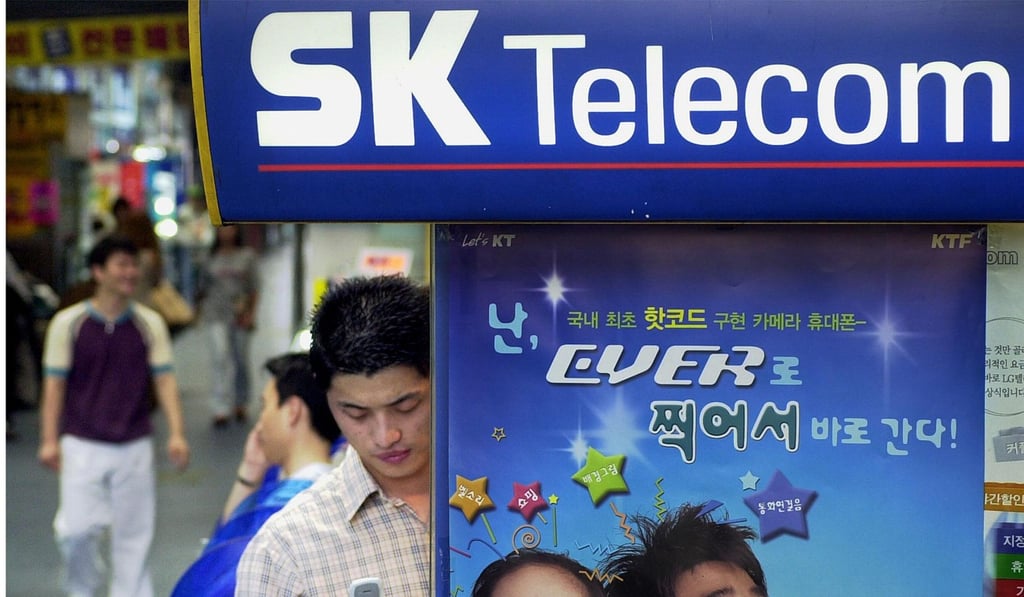‘Netflix of Asia’ to take on US streaming giants like YouTube as Korea’s Oksusu and Pooq team up
- The alliance has partnerships with Hong Kong’s ViuTV, Malaysia’s iflix and China’s iQiyi.
- Strategy will focus on creating better original content to take on Netflix and other rivals

South Korea’s largest broadcasting firms, Seoul Broadcasting System (SBS), Munhwa Broadcasting Corporation (MBC) and Korean Broadcasting System (KBS), are banding together with SK Telecom to create their own answer to the American streaming service. The four firms signed a memorandum of understanding last week, agreeing to launch this year what will become the country’s largest home-grown video streaming service, which is as yet unnamed.
The merger comes amid a sense of crisis in the Korean media industry, where foreign companies like Netflix and YouTube are taking a growing share of the market. According to market research company WiseApp, monthly users of the Netflix mobile app in South Korea hit about 900,000 as of last September, almost three times more than in 2017.
In response, Korean broadcasters are combining their largest video streaming services, known as Oksusu and Pooq, and pooling funds to create better original content to compete with Netflix.
Oksusu – which means “corn” in Korean – is run by SK Telecom and is the largest video streaming service in South Korea with around 9.5 million subscribers. MBC and SBS each hold a 40 per cent stake in Pooq, which has some 3.7 million subscribers, while KBS controls the other 20 per cent. Pooq has partnerships with Hong Kong’s ViuTV, Malaysia’s iflix and China’s iQiyi, which the new streaming service will use to target other Asian markets with its content.

Some observers believe this alliance could succeed in keeping Netflix out.